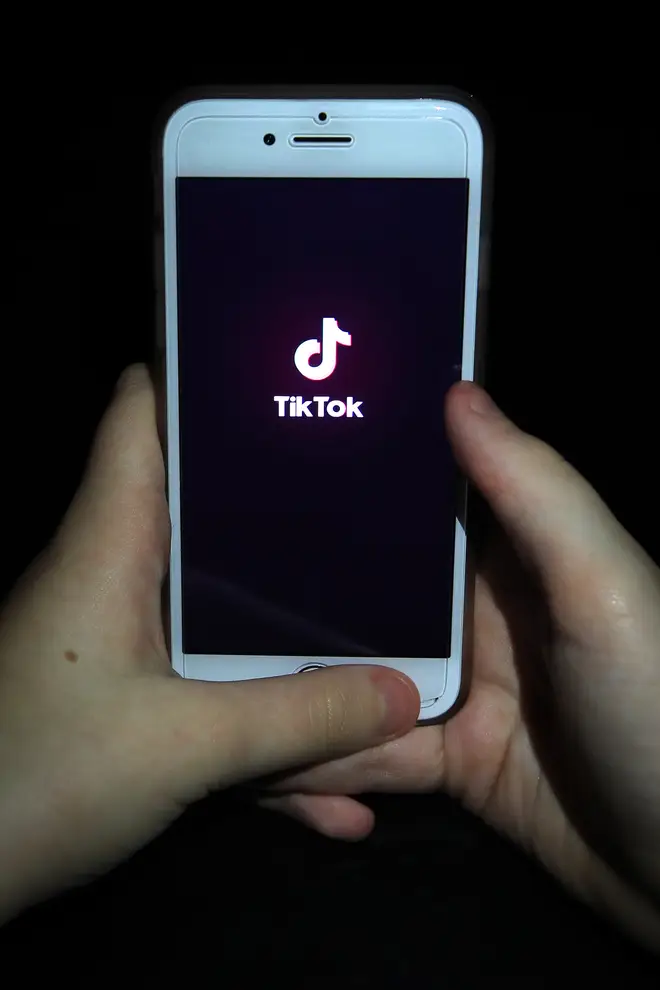
Nick Ferrari 7am - 10am
6 March 2022, 21:24

Russian President Vladimir Putin has intensified a crackdown on media outlets and individuals who fail to adhere to the Kremlin line on the war.
TikTok has blocked its Russian users from posting new videos in response to the government’s crackdown on what people and media outlets can say about the war in Ukraine.
The social media app that is particularly popular with young people also stopped showing Russians videos shared from elsewhere in the world, said spokesperson Hilary McQuaide.
The action is likely to further isolate the country and its people after a growing number of multinational businesses have cut off Russia from vital financial services and technology products in response to Western economic sanctions and global outrage over the invasion of Ukraine.
1/ TikTok is an outlet for creativity and entertainment that can provide a source of relief and human connection during a time of war when people are facing immense tragedy and isolation. However, the safety of our employees and our users remain our highest priority.
— TikTokComms (@TikTokComms) March 6, 2022
Russian President Vladimir Putin on Friday intensified a crackdown on media outlets and individuals who fail to adhere to the Kremlin line on the war, blocking Facebook and Twitter and signing into law a bill that criminalises the intentional spreading of what Moscow deems to be “fake” reports.
“In light of Russia’s new ‘fake news’ law, we have no choice but to suspend livestreaming and new content to our video service while we review the safety implications of this law,” TikTok said in a statement on Twitter.
“Our in-app messaging service will not be affected.”
Ms McQuaide said the TikTok app in Russia now appears in “view-only” mode and will not let people post or see new videos or livestreams.
They can still see older videos, but not if they came from outside the country, she said.
“The safety of employees is our top priority,” she said, adding that the company — part of China-based tech company ByteDance — did not want to put either its Russian employees or users at risk of severe criminal penalties.
The new legislation, quickly rubber-stamped by both houses of the Kremlin-controlled parliament and signed by Mr Putin, imposes prison sentences of up to 15 years for those spreading information that goes against the Russian government’s narrative on the war.
Multiple news outlets have also said they would pause their work inside Russia to evaluate the situation. Russian authorities have repeatedly and falsely decried reports of Russian military setbacks or civilian deaths in Ukraine as “fake” news.
State media outlets refer to Russia’s invasion of Ukraine as a “special military operation” rather than a war or an invasion.
The law envisages sentences of up to three years or fines for spreading what authorities deem to be false news about the military, but the maximum punishment rises to 15 years for cases deemed to have led to “severe consequences”.